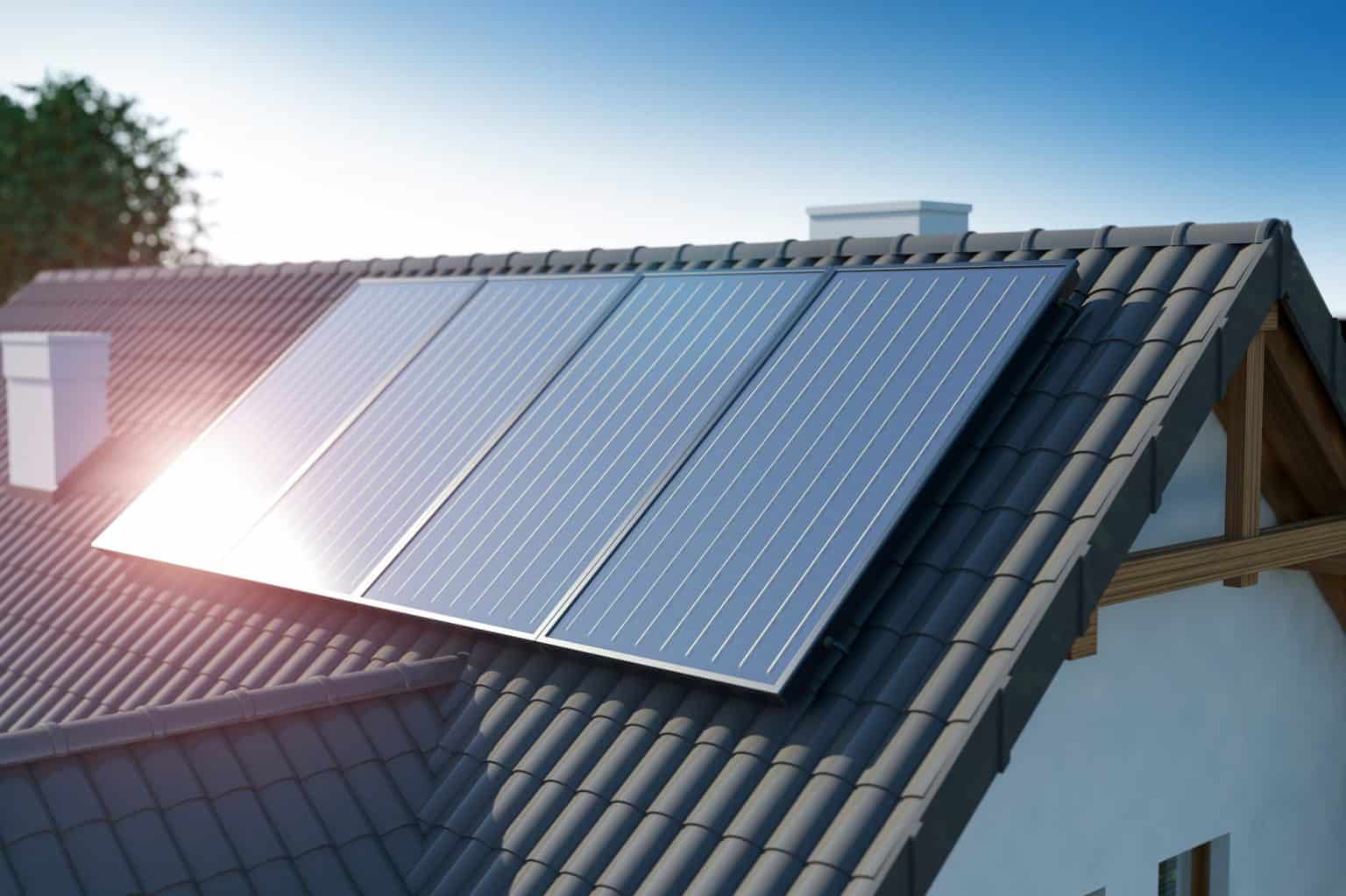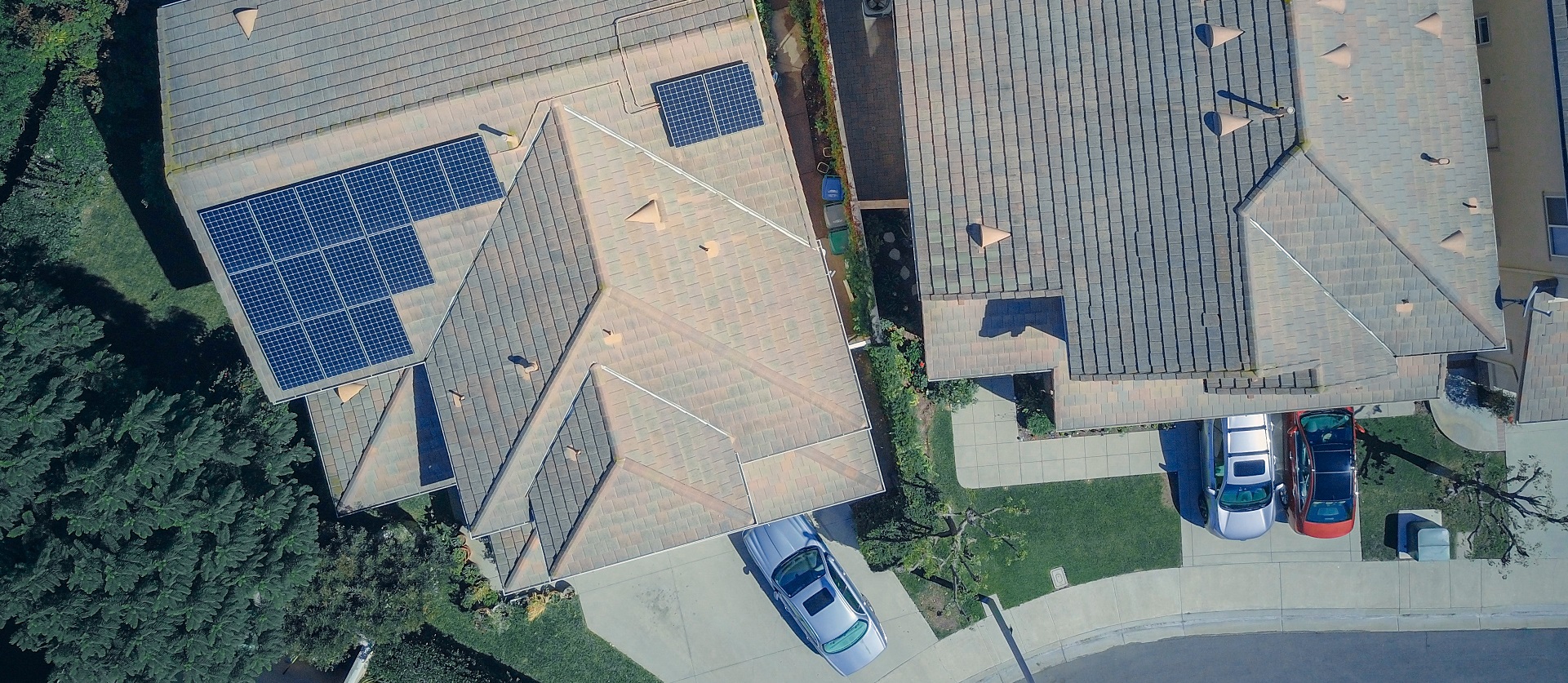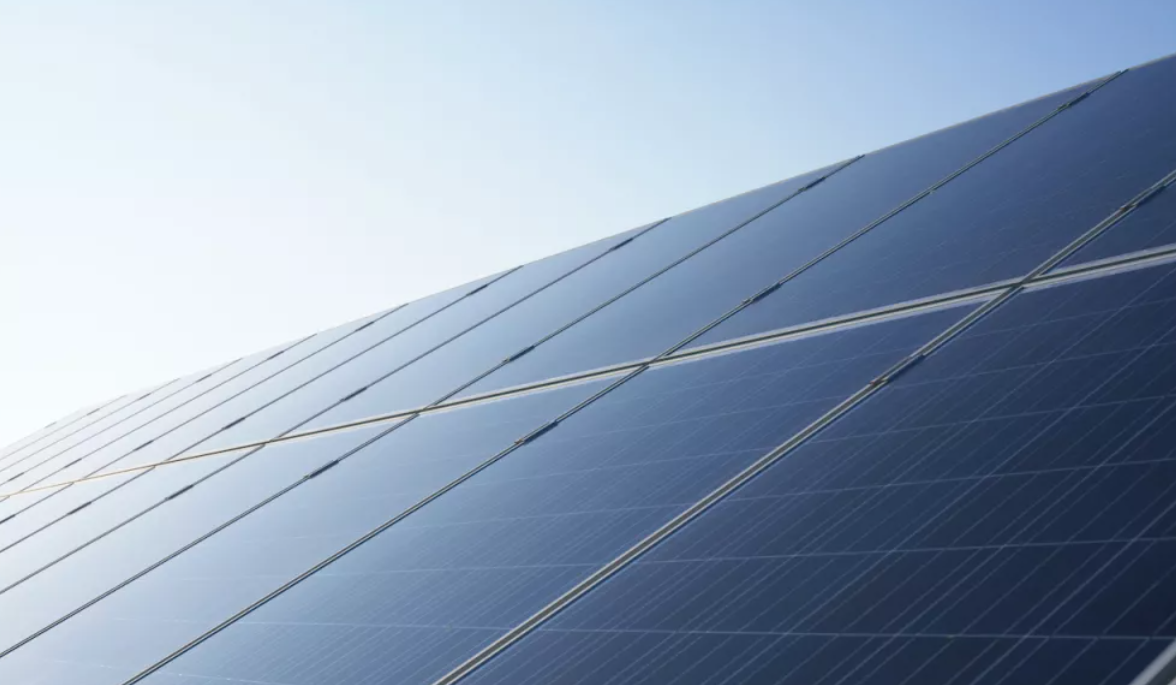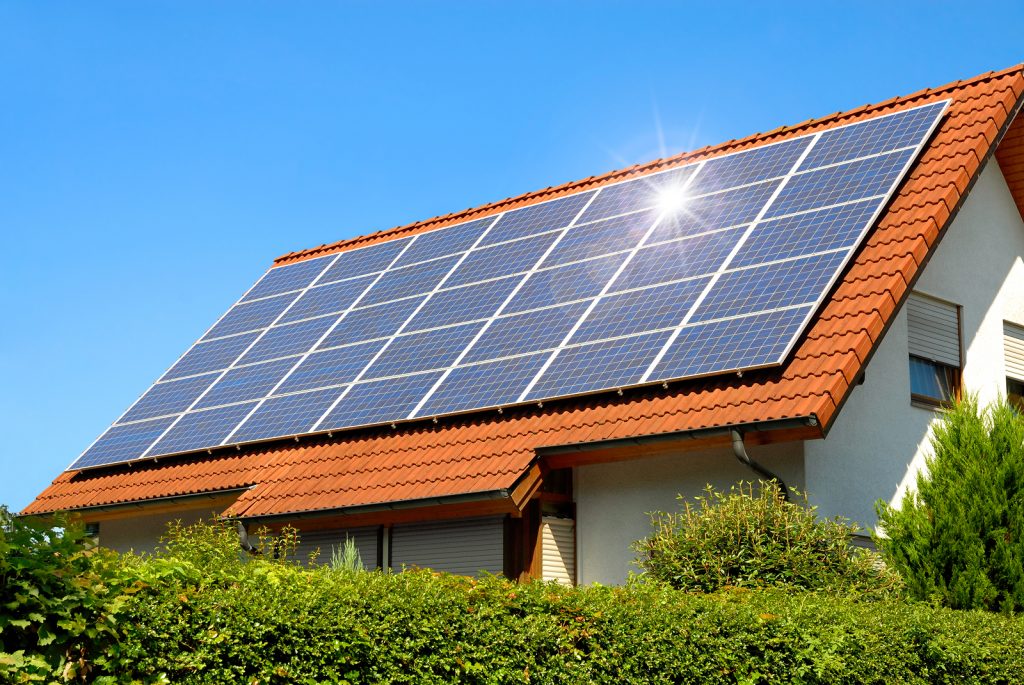What are the Pros and Cons of Solar Energy?
July 14, 2022
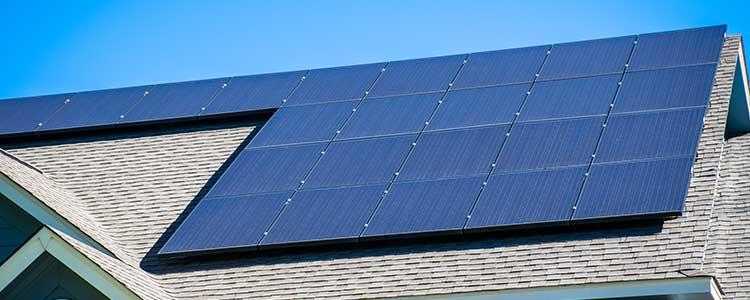
What are the Pros and Cons of Solar Energy?: Did you know that the sun’s energy supply to the earth for one hour could fulfill one year’s global energy needs? Undoubtedly, the sun is a strong source of energy, and while we can’t but gather a fraction of that energy, it can make a huge difference to the world to harness that power by installing solar panels.
Although it has been frequently criticized for being costly or inefficient, solar energy, not just for the atmosphere but also for the private economy, has now proven to be extremely beneficial.
Solar energy has become the primary source of energy for more and more households, thanks to the available grants for solar panels and the high low prices on the market. In recent years, the technology has been greatly enhanced and augmented with solar battery storage systems, rendering solar a much more effective source of renewable energy.
However, no matter the energy source you want to examine, there are still downsides. In the following points, Solar Rates outlined the main advantages and drawbacks of solar power
Cons of Solar Energy
Expensive solar energy storage
It is best to use solar energy right away, or it can be stored in big batteries. Used in off-the-grid solar systems, these batteries can be charged during the day so that the electricity is used at night. This is a safe way to use solar energy all day long, but it’s also very costly.
Using solar energy during the day and taking energy from the grid during the night is safer in most situations, you can only do this if your system is connected to the grid. Fortunately, your energy demand is typically higher during the day, so you can use solar energy to fulfill much of it.
Costs
There is a very high initial cost of buying a solar system. This involves paying for the installation of solar panels, inverters, batteries, and wiring. Nonetheless, there is a continuous evolution of solar technology, so it is fair to say that prices will decline in the future.
Weather-Dependent
While it is still possible to capture solar energy on cloudy and rainy days, the solar system’s performance decreases. To capture solar energy effectively, solar panels are based on sunlight. A few cloudy, rainy days will, therefore, have a noticeable impact on the energy system. You should also take into account that during the night, solar energy can not be gathered.
On the other hand, thermodynamic panels are an option to consider if you also want your water heating solution to operate at night or during wintertime.
Using a lot of space
As you want to gather as much sunlight as possible, the more energy you want to generate, the more solar panels you will require. It takes a lot of space for solar PV panels and some roofs are not large enough to accommodate the number of solar panels you would like to have.
Any of the panels in your yard may be mounted as an alternative, but they need access to sunlight. If you don’t have the space for all the panels you want, you can choose to add less to meet some of your energy requirements.
Associated Pollution
While there are much fewer emissions related to solar energy systems compared to other sources of energy, pollution may be associated with solar energy. The release of greenhouse gases has been correlated with the transport and construction of solar systems.
During the production process of solar photovoltaic systems, there are also certain harmful materials and dangerous items used that can indirectly impact the environment.
Solar energy pollutes much less than other renewable sources of energy, however.
Related: Factors that Affect Your Total Solar Panel Installation Cost

Related: Things To Know Before Installing Solar Panels On Your Home
Pros Of Solar Energy
Low Costs Repairs
Generally, solar energy systems don’t need a lot of maintenance. You just need to keep them reasonably clean, so the job will be done by cleaning them a few times a year. You can always rely on specialist cleaning firms, which provide this service for about $34.
Many reputable solar panel manufacturers give a warranty of 20-25 years.
Often, there is no wear and tear, since there are no moving pieces. The inverter is typically the only component that needs to be modified after 5-10 years, as it works continuously to turn solar energy into electricity and heat (solar PV vs. solar thermal). The cables will need maintenance apart from the inverter to ensure that your solar power system operates at optimum performance.
So, you should foresee very little expenditure on maintenance and repair work after paying the initial expense of the solar system.
Source of Renewable Energy
The most significant thing about all the advantages of solar panels is that solar energy is a genuinely sustainable source of energy. In all parts of the planet, it can be harnessed and is available every day. Unlike some of the other sources of electricity, we can not run out of solar energy.
As long as we have the sun, solar energy will be abundant, so the sunlight will be available to us for at least 5 billion years until, according to scientists, the sun will die.
Lowers Electricity Bills
Since the electricity your solar system has generated is going to meet some of your energy needs, your energy bills will decrease. The scale of the solar system and your energy or heat consumption will depend on how much you save on your bill.
For instance, this move can have immense advantages if you are a company using commercial solar panels since the large system size can cover large chunks of your energy bills.
In addition, not only can you save on the electricity bill, but there is also a chance of earning compensation through the Smart Export Guarantee for the surplus energy you export back to the grid (SEG). When you produce more electricity than you consume, considering that your solar panel system is connected to the grid.
Various Implementations
For various purposes, solar energy can be used. Electricity (photovoltaics) or heat can be produced (solar thermal). Solar energy can be used to generate electricity in areas without connection to the energy grid, distill water in regions with insufficient sources of clean water, and power space satellites.
In the materials used for homes, solar energy may also be incorporated. Not long ago, transparent solar energy windows were introduced by Sharp.
Technology Development
Technology is continually evolving in the solar power industry and developments will accelerate in the future. Innovations in quantum physics and nanotechnology could theoretically improve solar panel efficiency and double, or even triple, the electrical input of solar power systems.
Ensuring Solar Panel Protection: Is Your Home Insurance Coverage Adequate?
When considering the pros and cons of solar energy, it’s essential to address financial aspects, including the question of whether home insurance covers solar panels. Solar panels not only offer eco-friendly energy but can also increase property value. To safeguard your solar energy investment, review your policy, explore potential endorsements, and consult with your insurer. Learn more about solar panels and home insurance coverage to secure your sustainable investment.
Make the Solar Energy Switch Today!
Related Articles:

